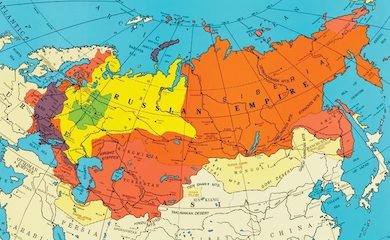
Russian Empire. A state that existed from 1721 to 1917, making it one of the largest and most powerful empires in history. It was established by Peter the Great, who proclaimed the Russian Tsardom an empire following his military victories and administrative reforms. The empire was ruled by a succession of emperors from the House of Romanov, reaching its territorial peak in the late 19th century.
Geography and Population
At its height, the Russian Empire covered over 22.8 million square kilometers, stretching across Europe, Asia, and North America. It was the third-largest empire in history, following the British and Mongol Empires. The empire was home to a diverse population of over 125 million people by the early 20th century, consisting of various ethnic, linguistic, and religious groups.
Government and Administration
The Russian Empire was an autocratic monarchy, with the emperor (or tsar) wielding absolute power. The state was supported by a vast bureaucracy and a rigid social hierarchy. Key institutions included:
- The Imperial Senate – Advised the emperor and managed state affairs.
- The Orthodox Church – Played a crucial role in governance and legitimization of imperial rule.
- The Okhrana – The secret police force used to suppress dissent and revolutionary movements.
Economy and Society
The empire’s economy was primarily agrarian, with serfdom playing a dominant role until its abolition in 1861 by Alexander II. The late 19th century saw rapid industrialization, particularly in cities like Moscow, Saint Petersburg, and Kiev. Despite modernization efforts, economic inequality remained high, contributing to widespread unrest.
Major Conflicts and Expansion
The Russian Empire was involved in numerous wars and conflicts, including:
- The Great Northern War (1700–1721) – Secured Russia’s status as a European power.
- The Napoleonic Wars (1803–1815) – Russia played a crucial role in defeating Napoleon.
- The Crimean War (1853–1856) – A costly defeat that exposed Russia’s military weaknesses.
- The Russo-Japanese War (1904–1905) – A significant loss that weakened the empire’s prestige.
Decline and Fall
Growing political unrest, economic struggles, and military failures led to the Russian Revolution of 1917. In February 1917, Emperor Nicholas II abdicated, marking the end of the monarchy. Later that year, the Bolsheviks, led by Vladimir Lenin, seized power, leading to the establishment of the Soviet Union in 1922.
Legacy
The Russian Empire left a lasting impact on world history, influencing politics, culture, and global affairs. Its historical and architectural legacy remains evident in modern-day Russia and former territories.